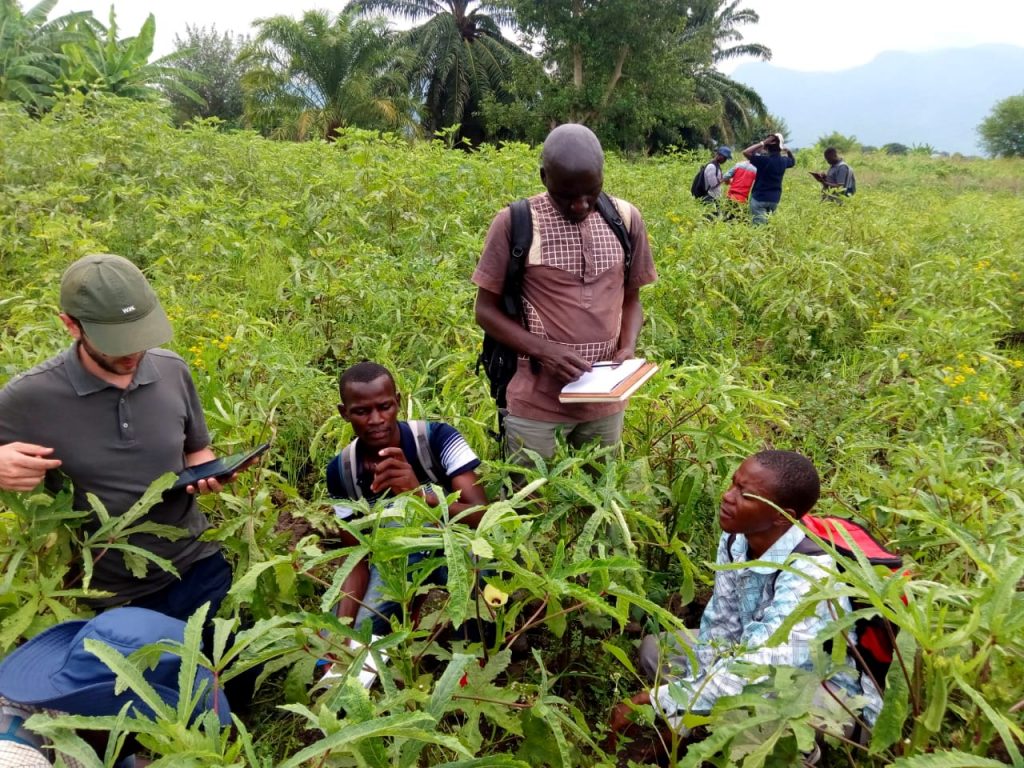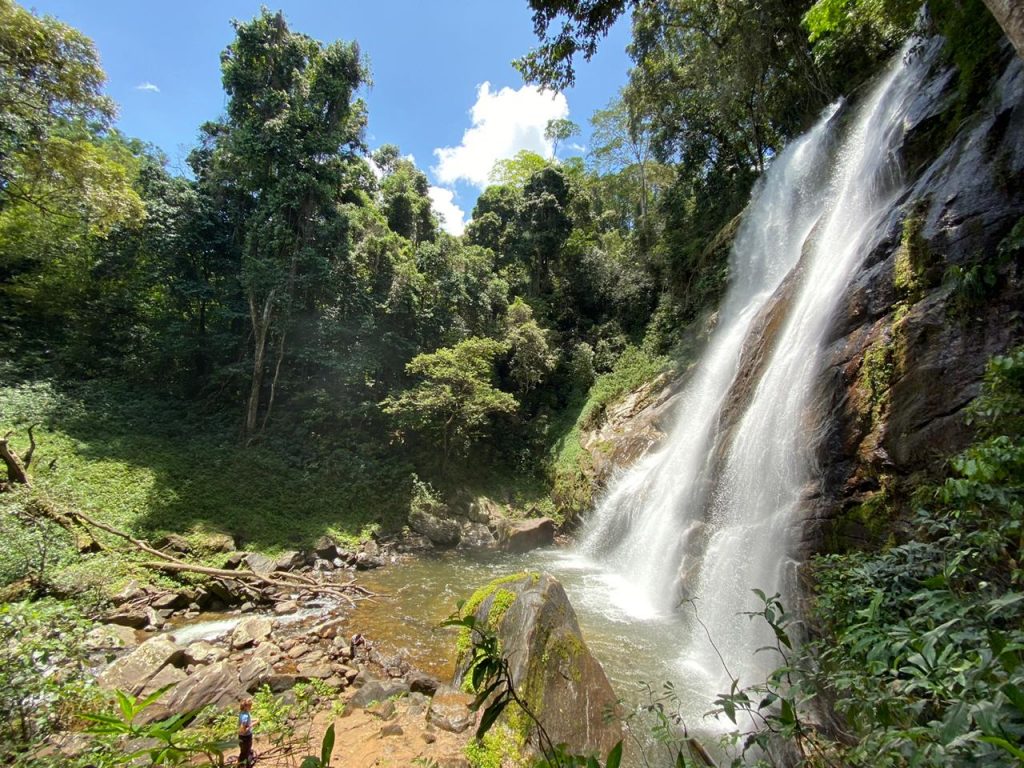Welcome to
The CHANS course – Dynamics of Coupled human and Natural Systems.
What are coupled human and natural systems? How do they respond to climate and land use changes? Why do we need to consider humans and their needs when deciding on conservation and policy intervention? How can we facilitate the long-term co-existence of wildlife and people? How can this knowledge help us to work towards the Sustainable Development Goals?
For more information on this course, drop me an email: marion.pfeifer@newcastle.ac.uk
In this course, you will learn from academics working on a range of study systems in the UK and internationally. We will introduce the CHANS concept as the base for modern conservation science adopted by academics, government and non-governmental organisations. Through a series of lectures we will detail case studies from terrestrial and marine/coastal systems highlighting their conservation and management challenges. We will also provide an overview on key tools used to collect data (e.g. remote sensing data) providing evidence on which to base decisions. The series of lectures will be accompanied by interactive seminars, in which colleagues from academia and industry/NGOs will talk about data, tools or case studies. In a policy brief practical (‘Reducing risks from flooding and coastal erosion’ and suggested action 1 of three for that point ‘Expanding the use of natural flood management solutions’), you will learn how to collect and present evidence to inform policy makers. In a workshop on an applied conservation challenge (‘Reverse the decline of tigers in their natural habitat’), we will work through the cycle of adaptive management to find solutions to this challenge drawing on the CHANS concept.
This course requires you to spend considerable amounts of time of reading primary literature and preparing for interactive learning events. You will be able to vote on the topic used for the first assessment (30 % of your mark), choosing from three topics:
- ‘Is the Valuing Nature approach to conservation an example for conservation selling its soul’
- ‘Land sparing versus land sharing’
- ‘Protected Areas Management – Fortress conservation versus conservation based on rights’
You can choose any topic for your second assessment (70 % of your mark). For this, you will write a report that is structured into a ‘Policy Brief’ and a ‘Technical Details’ section. The latter provides the evidence underlying policy actions suggested in the policy brief. Previous assessment topics – amongst many others – included:
Natural Flood Management: solutions to reduce the risk of flooding in the UK, ‘The increasing severity of bushfires in Australia: prevention and mitigation’, ‘Achieving Food Security and Biodiversity Conservation in Zambia: The Role of Agricultural Extension in the wake of Climate Change’, ‘Reducing the ecological impact of beef production in the Amazon‘, ‘Lynx reintroduction to northern United Kingdom – mitigating depredation conflicts’, ‘Towards a Peaceful Future: Curbing the Human-Leopard Conflict in Uttarakhand’



